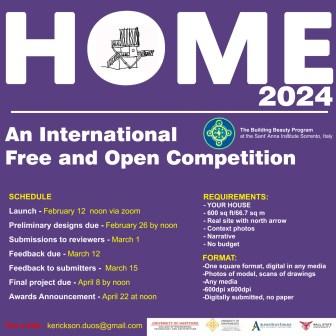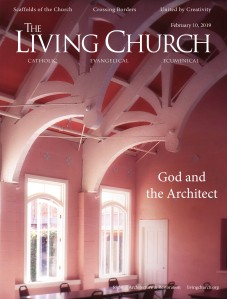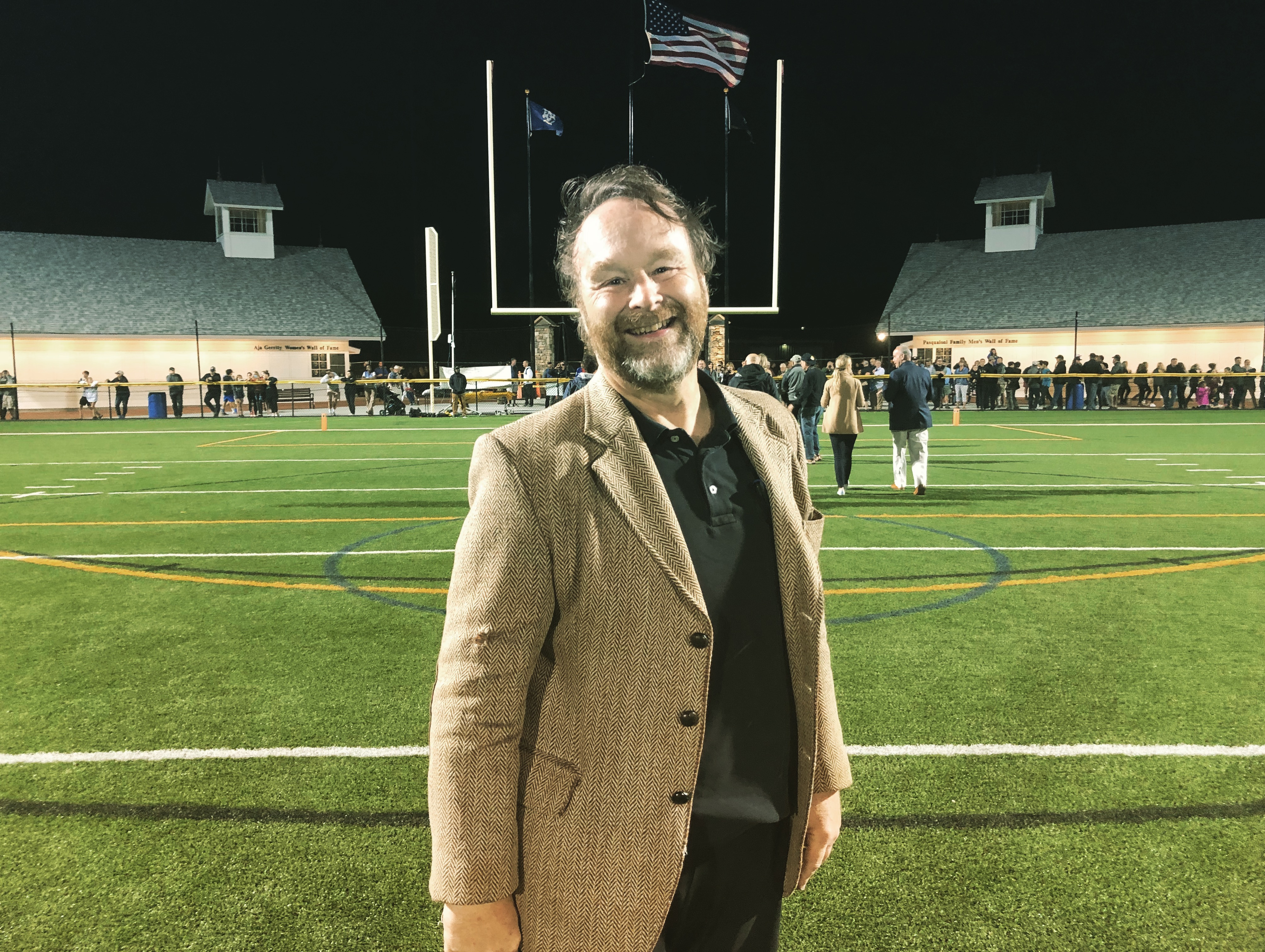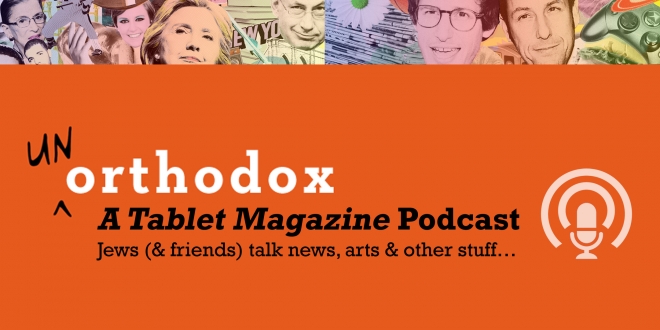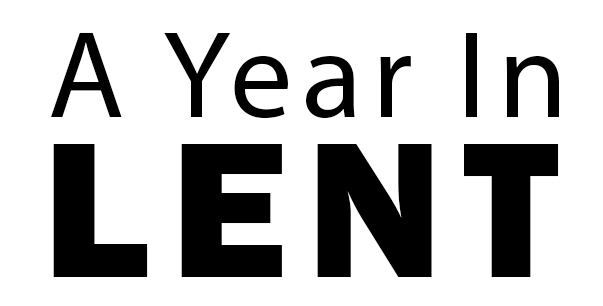“Infection in the sentence breeds”

A Word dropped careless on a Page
May stimulate an eye
When folded in perpetual seam
The Wrinkled Maker lie
Infection in the sentence breeds
We may inhale Despair
At distances of Centuries
From the Malaria —
Emily Dickinson
The words we use are not just their literal meaning, their use carries with it the baggage of what is believed by the speaker. Duh.
“The language we use has been edited to be inclusive” is on a thousand church bulletins and corporate reports in the last few years. That righteous declaration is only half true. The second half of that virtue signal should be “and we exclude the language that can hurt others”,
But no, we never say that. 20 year old episodes of TV series that were on prime time broadcast television now have the words once used now become silent voids of sound in a character’s dialogue, lips fully mouthing the word now determined to be offensive. “Inclusive language” definitionally means that some language is excluded.
In the field of play – sports, military, raw economic workplaces – foul language is the norm, because it is a reaction, not a construction. Beyond the words used, the language conveys the passion, sometimes hate, that comes with high risk behavior.
Right now, language gets you imprisoned or killed in Russia. That language only hurts those with power and enough fragility to use that power to end visible disagreement. Nothing new here, 2,000 years ago another despotic power structure regularly killed those who endangered the effective use of that power.
We want to control outcomes, so that means some try to control others’ motivations. Jesus just wanted others to know what was in them was given to them, not earned, not scored. God give them life, this place and the love they often were terrified of. The despots did not care about those motivations, they cared about the outcome of control, by them.
We can build the the fields of play, and play upon them. But when that play hurts or ends others, we want to control that outcome by excluding what others do. A good thing, or I95 would be even more terrifying.
The problem is that we just know the outcomes of the moment, and cannot know the motives of the writers of 20 year old broadcast TV shows beyond the hurt simple words might convey. So understanding the speaker is not as important as protecting the listener.
But humans were, and are profane – will be, too. That is part of the baggage of our words. When Jesus spoke of the beauty of God in them, others saw it as a reason to try to control outcomes, rather than understand the motivation: simply reveal God.
In this internet time, words have gained full universality, instant and accessible. We rush to define ourselves in words, our motivation is to be who we are, and the outcome is often control of what words others can project beyond their own mouths.
The loss of some humanity, history, humor is the price of protection. No one can watch “Blazing Saddles” and not wince. Some do not want Mark Twain to have a voice in school. Some will never hear words in the King James Bible. We protect unto controlling, excluding some to be inclusive of anyone. The “Infection in the sentence breeds”.
In Lent, we ponder exclusivity.

